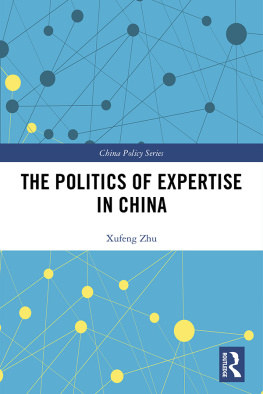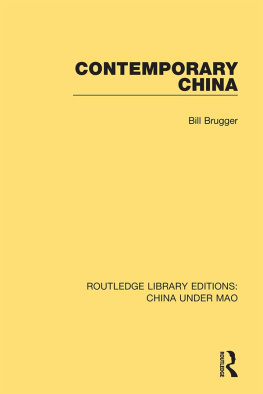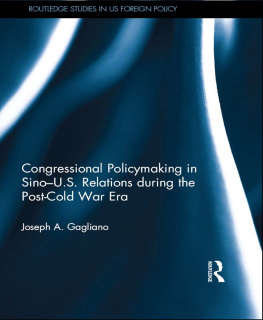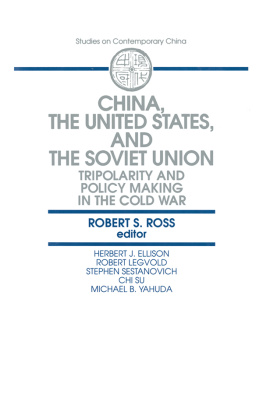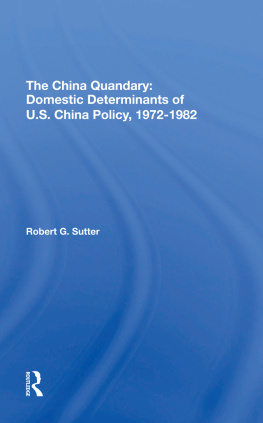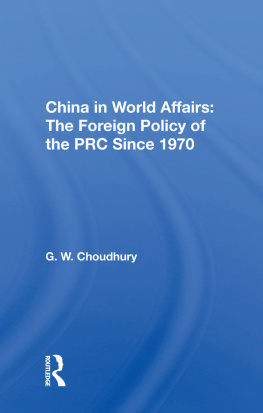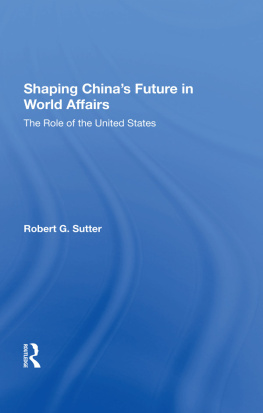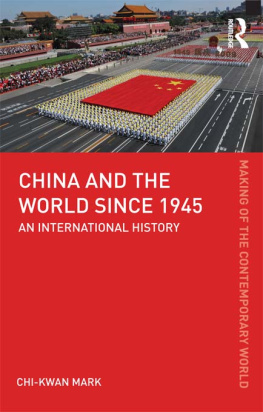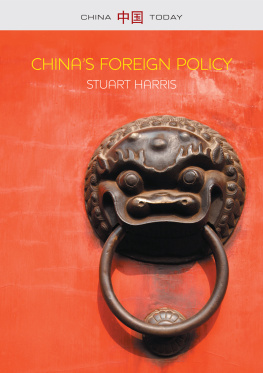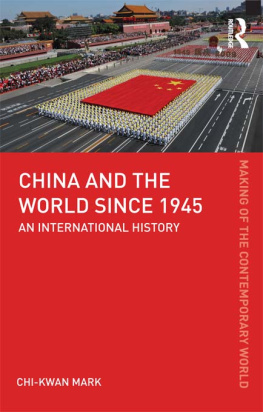Elizabeth Wishnick - Mending Fences: The Evolution of Moscows China Policy from Brezhnev to Yeltsin
Here you can read online Elizabeth Wishnick - Mending Fences: The Evolution of Moscows China Policy from Brezhnev to Yeltsin full text of the book (entire story) in english for free. Download pdf and epub, get meaning, cover and reviews about this ebook. year: 2014, publisher: University of Washington Press, genre: Politics. Description of the work, (preface) as well as reviews are available. Best literature library LitArk.com created for fans of good reading and offers a wide selection of genres:
Romance novel
Science fiction
Adventure
Detective
Science
History
Home and family
Prose
Art
Politics
Computer
Non-fiction
Religion
Business
Children
Humor
Choose a favorite category and find really read worthwhile books. Enjoy immersion in the world of imagination, feel the emotions of the characters or learn something new for yourself, make an fascinating discovery.

- Book:Mending Fences: The Evolution of Moscows China Policy from Brezhnev to Yeltsin
- Author:
- Publisher:University of Washington Press
- Genre:
- Year:2014
- Rating:4 / 5
- Favourites:Add to favourites
- Your mark:
Mending Fences: The Evolution of Moscows China Policy from Brezhnev to Yeltsin: summary, description and annotation
We offer to read an annotation, description, summary or preface (depends on what the author of the book "Mending Fences: The Evolution of Moscows China Policy from Brezhnev to Yeltsin" wrote himself). If you haven't found the necessary information about the book — write in the comments, we will try to find it.
Mending Fences illuminates the forces driving Moscows China policy, from the Ussuri River clashes in 1969 to the strategic partnership of the 1990s. Elizabeth Wishnick, noted expert on the Russia and China, analyzes the efforts of Soviet leaders simultaneously to maintain their supremacy in the international communist movement, defend their borders from a perceived China threat, and ensure the compliance of regional authorities in enforcing China policy.
Although a consensus in favor of containing China prevailed within the Moscow policy community throughout the 1970s, major shifts in China policy came with changes in the Soviet leadership, most notably in the mid-1980s. As many Russians became disenchanted with Western models of market democracy and with their countrys sharply curtailed role in international affairs in the post-Soviet era, the Yeltsin administration touted a growing strategic partnership with China.
Wishnick outlines the successes of Russian-Chinese cooperation and analyzes the main barriers to full-scale partnership, including historical grievances, limited economic ties, tensions in regional relations. Despite ongoing efforts by Russian and Chinese leaders to resolve these issues, she concludes that the future of the Sino-Russian partnership will depend on an unpredictable interplay of forces of domestic and international change.
Mending Fences is the result of a decade of research in Moscow, Beijing, and the regions along the Russo-Chinese border. Fluent in Russian and Chinese, the author has drawn on recently declassified documents from the archives of the Central Committee of the Soviet Communist Party, the Soviet Foreign Ministry, the KGB, and the Khabarovsk Regional Communist Party; numerous interviews with influential Russian and Chinese officials and scholars; and regional and national periodicals and books from both Russia and China.
The first work in recent years to analyze Russian-Chinese relations from Moscows perspective, Mending Fences is a necessary addition to the literature on the late Cold War era and the strategic triangle between the United States, the Soviet Union, and the Peoples Republic of China.
Elizabeth Wishnick: author's other books
Who wrote Mending Fences: The Evolution of Moscows China Policy from Brezhnev to Yeltsin? Find out the surname, the name of the author of the book and a list of all author's works by series.

